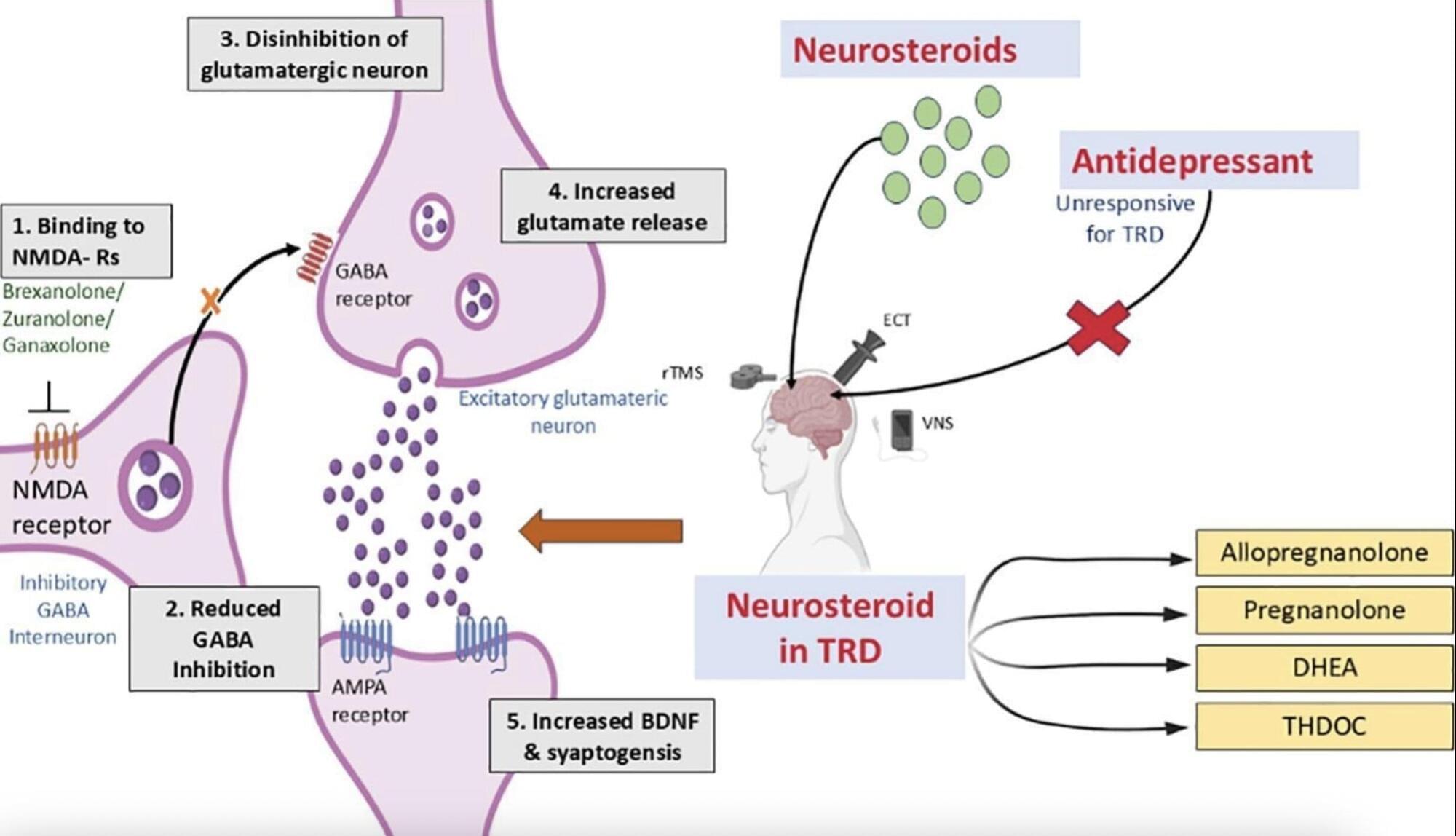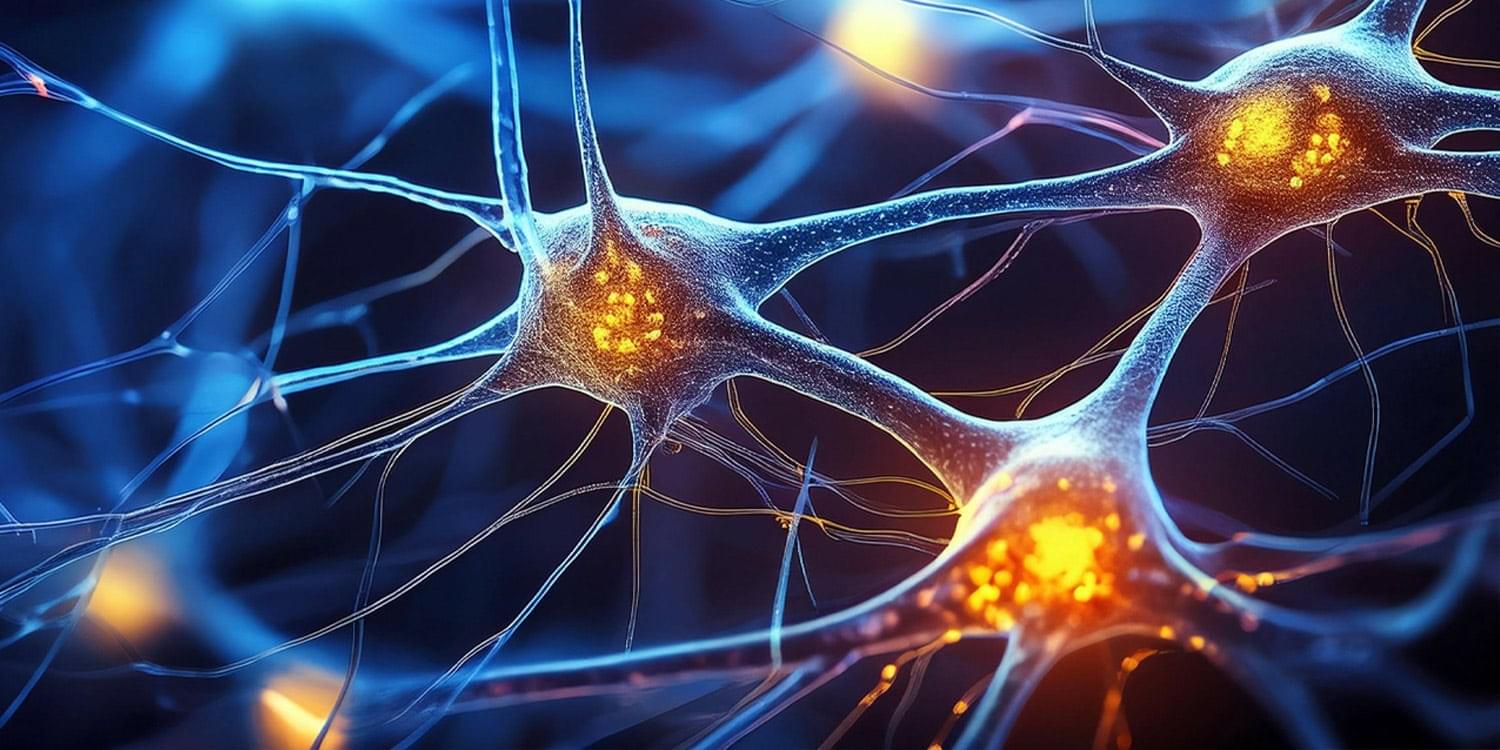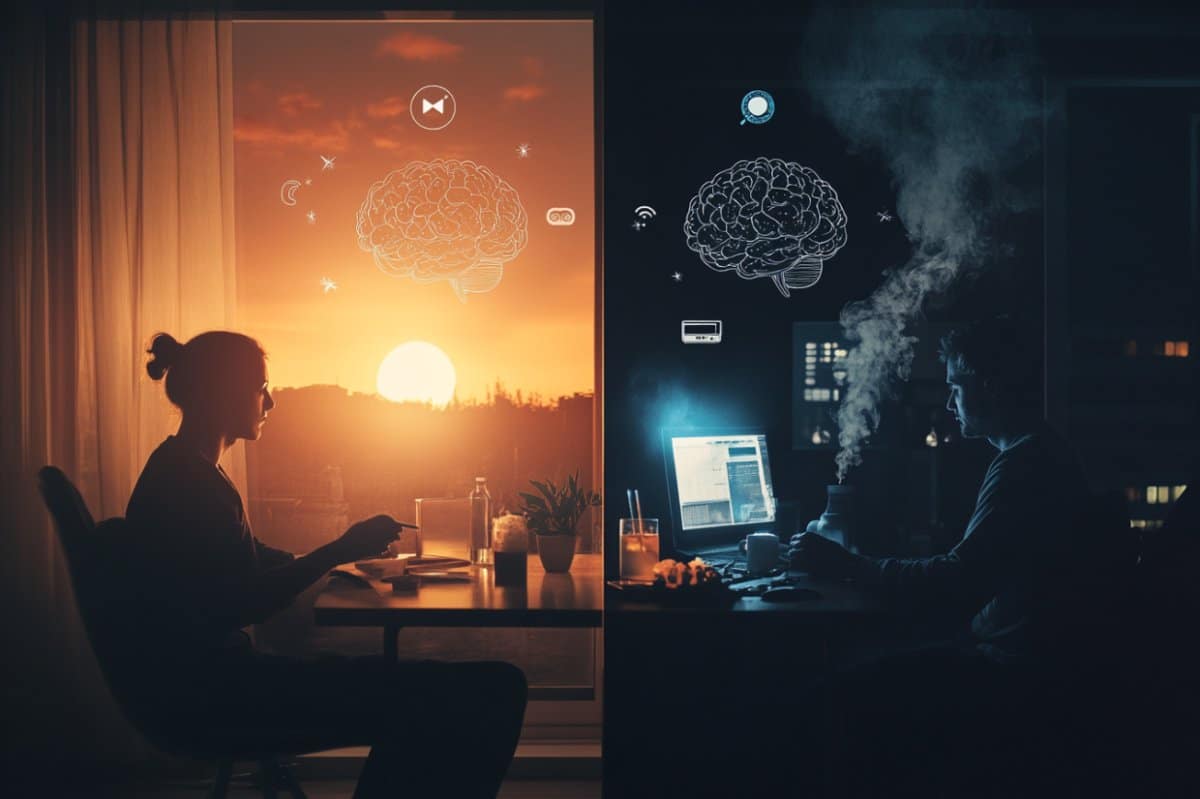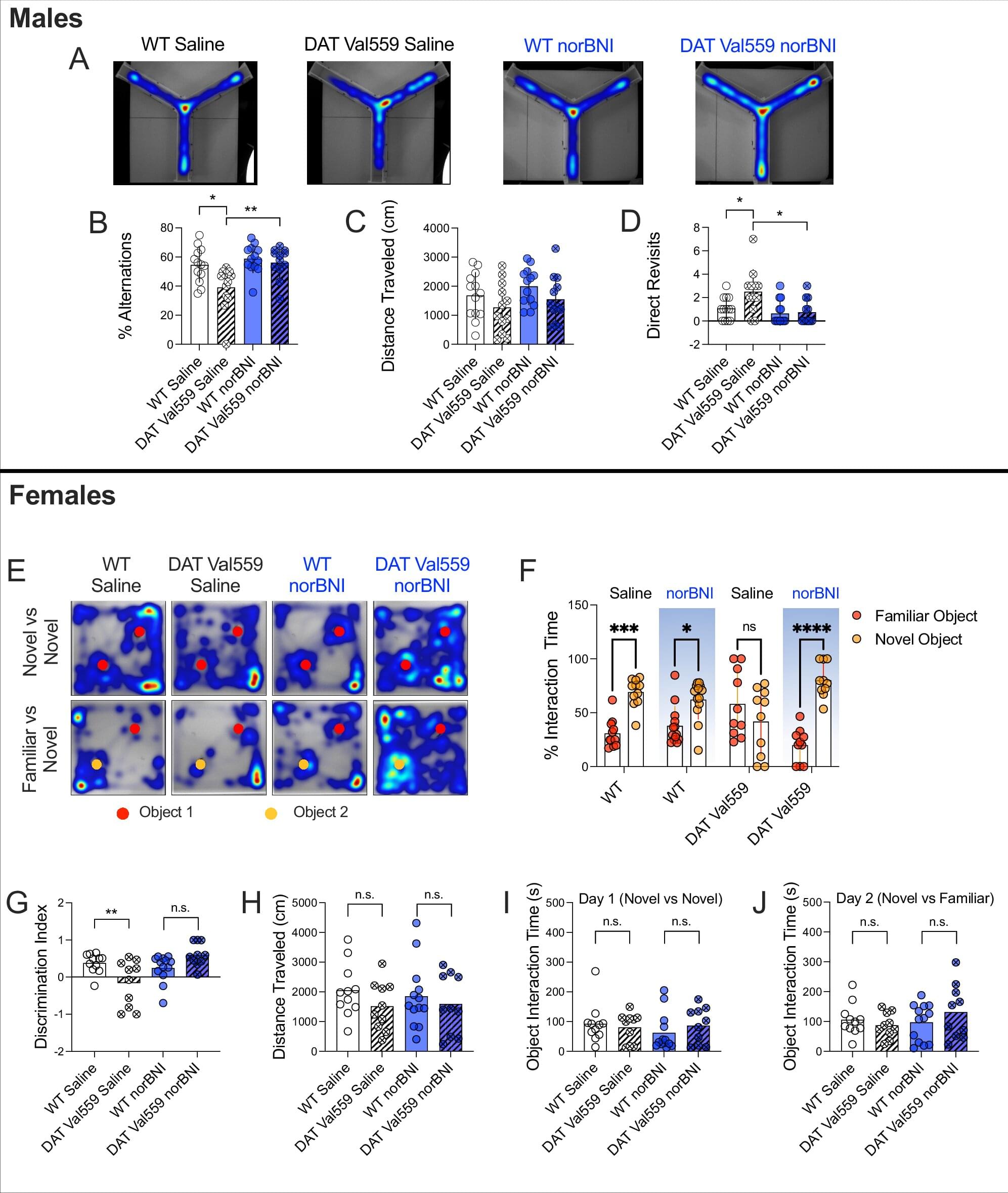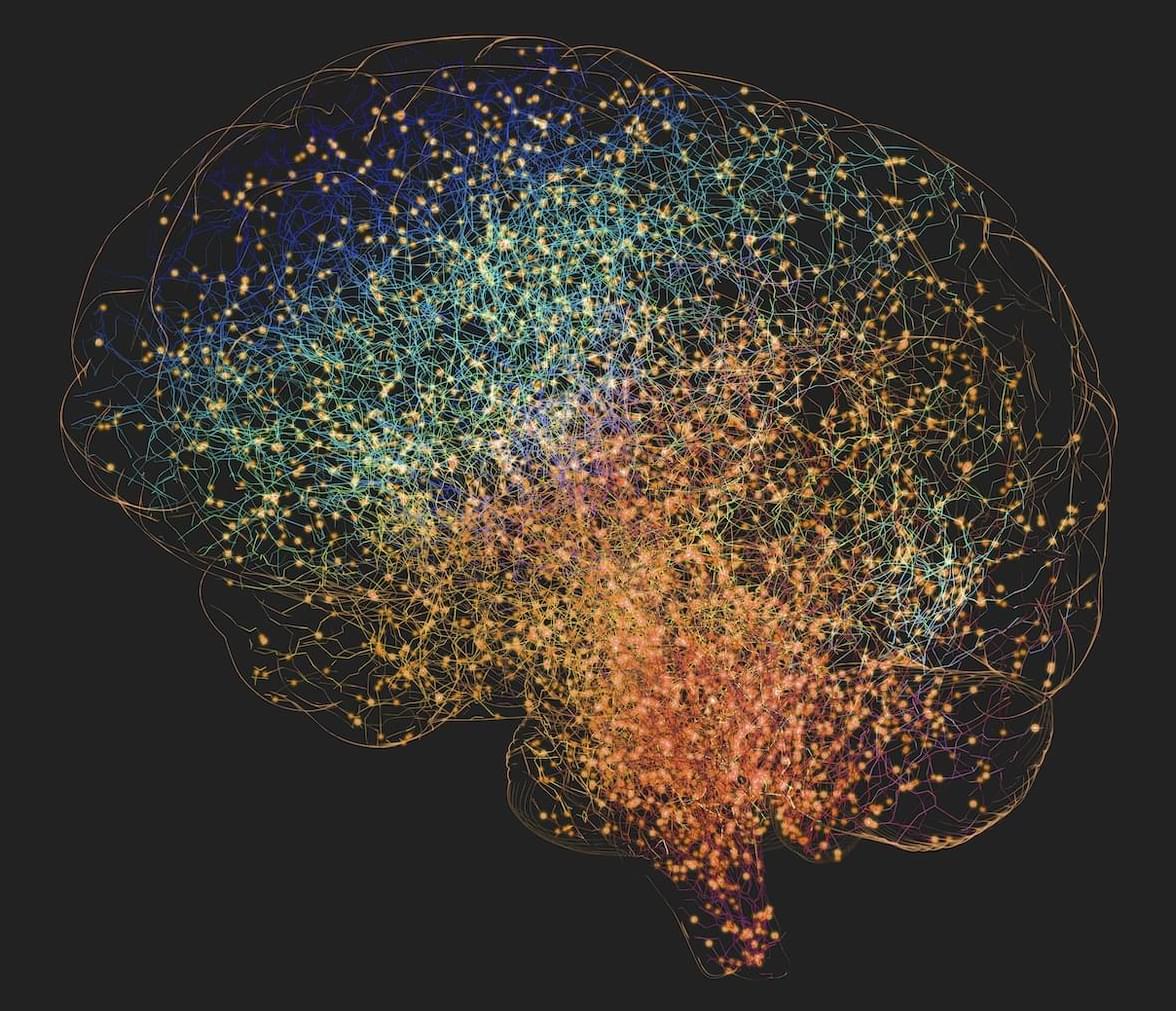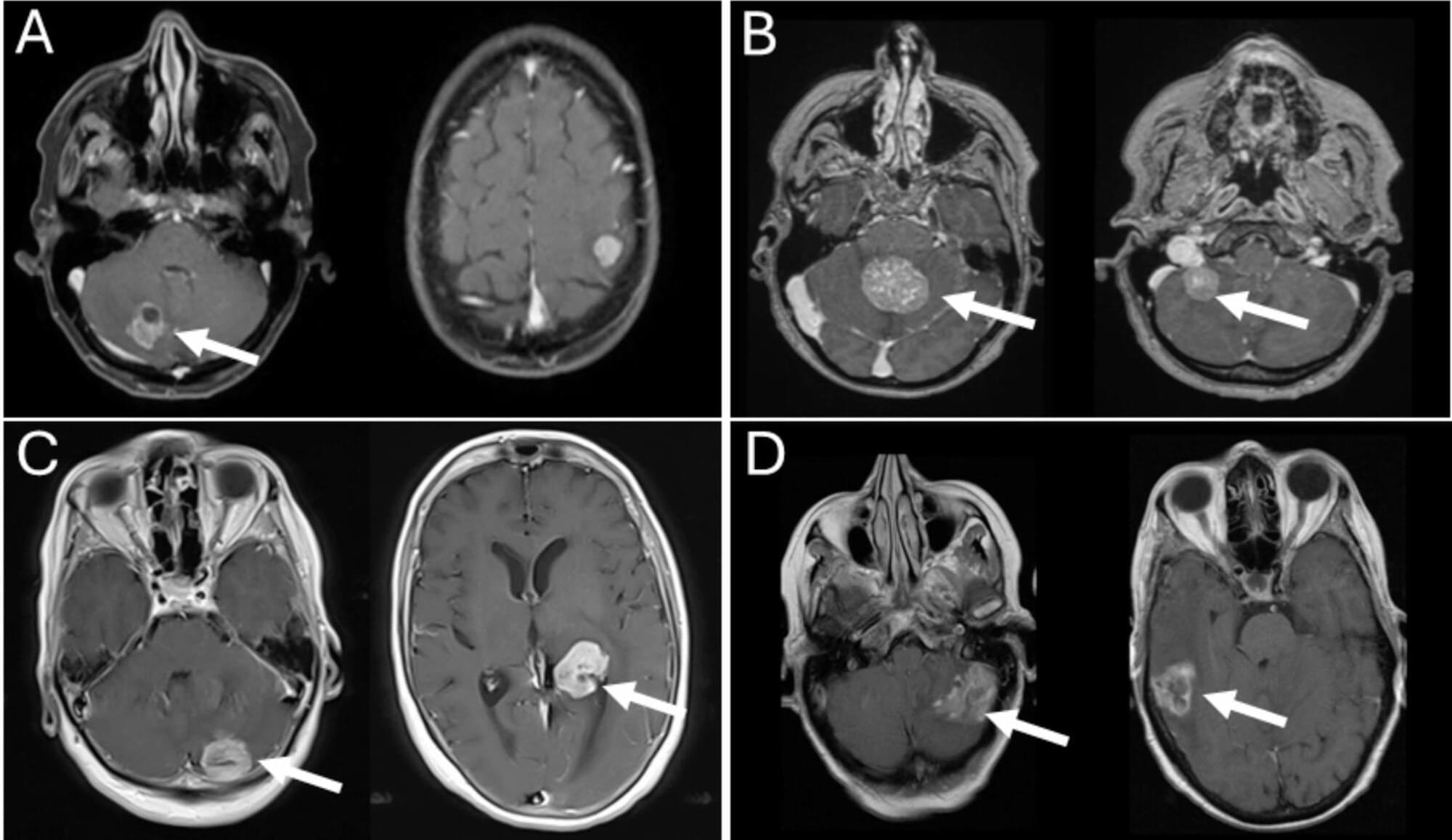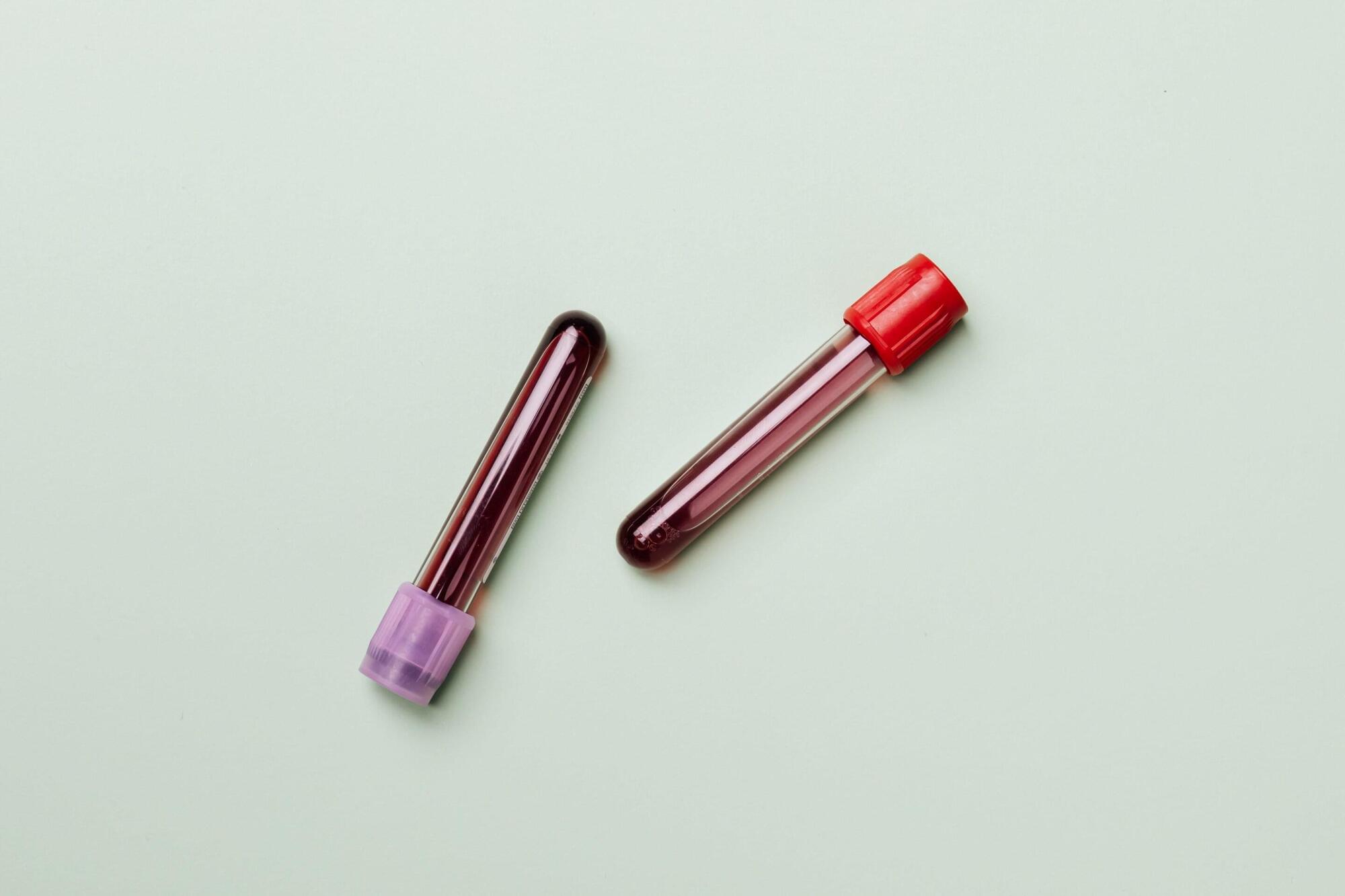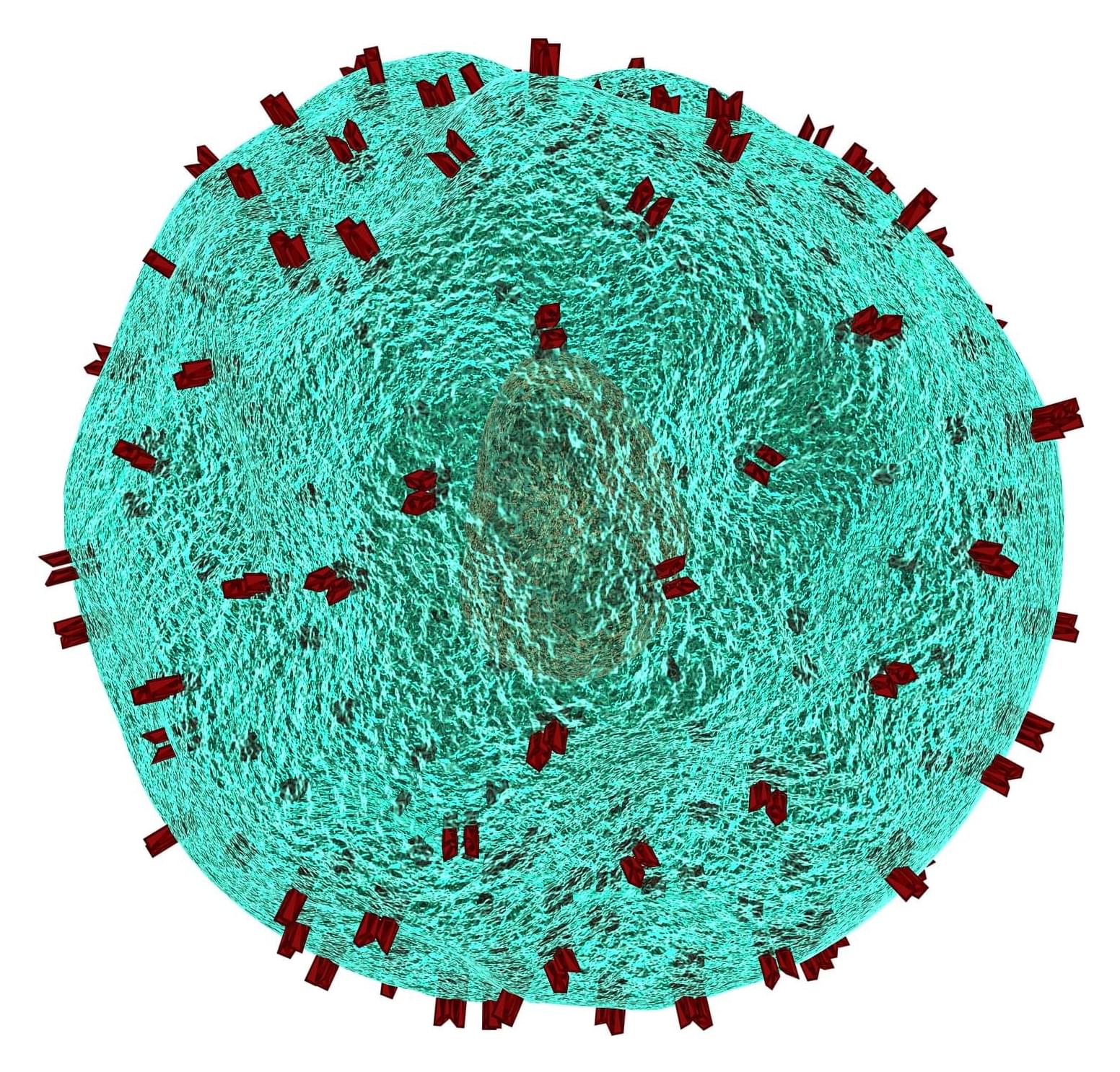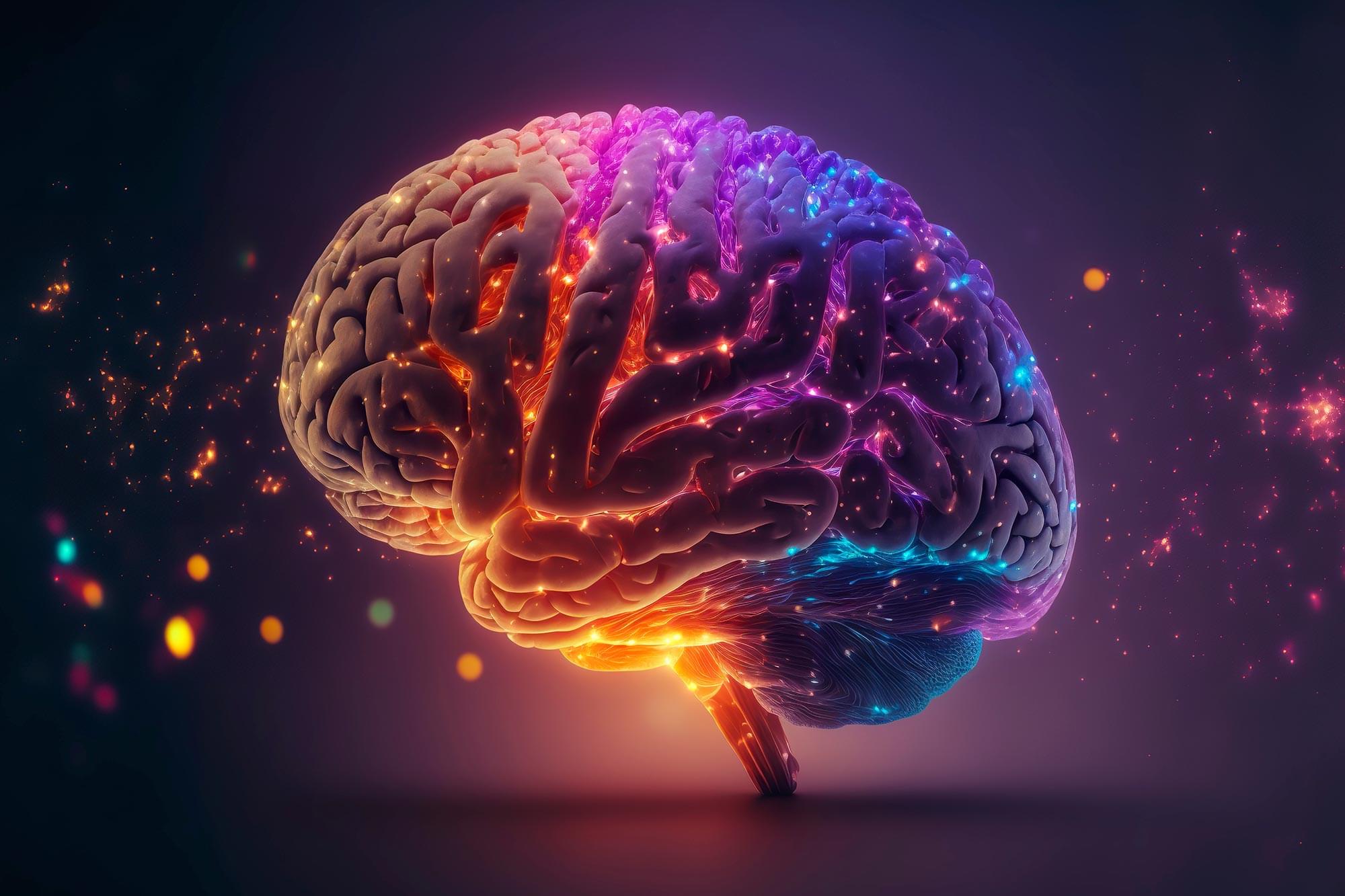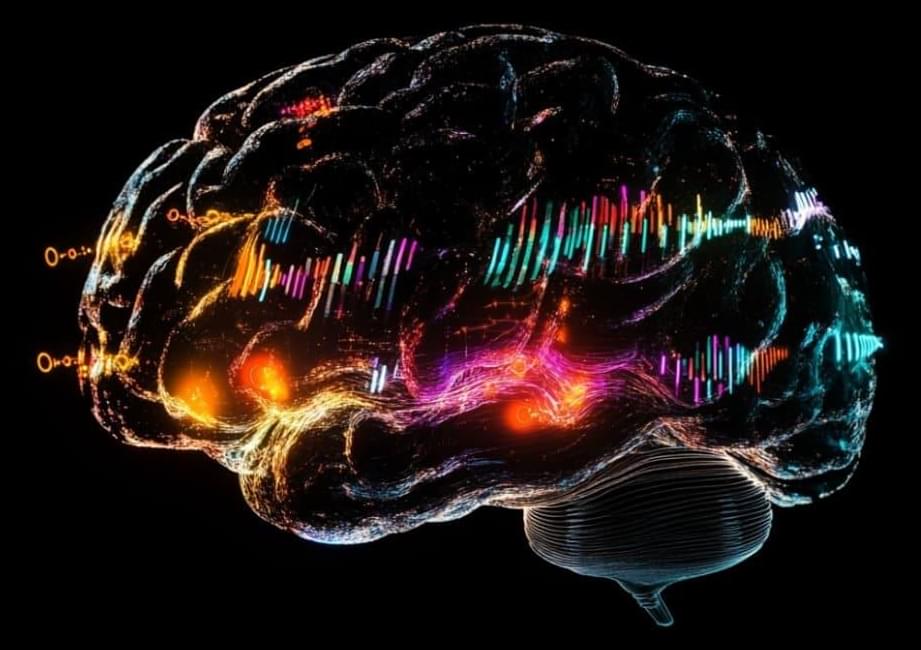Depression, characterized by persistent sadness, hopelessness and a lack of interest in previously enjoyed activities, is one of the most common mental health disorders. Recent estimates by the World Health Organization (WHO) suggest that approximately 5% of the global population suffers from depression.
For decades, researchers have been trying to devise safe and effective treatments for depression that cause minimal or no side effects. This led to the introduction of a wide range of treatment strategies, ranging from psychotherapy and alternative medicine to a wide range of pharmacological drugs, including selective serotonin reuptake inhibitors (SSRIs), serotonin-norepinephrine reuptake inhibitors (SNRIs), tricyclic antidepressants (TCAs), monoamine oxidase inhibitors (MAOIs) and atypical antidepressants.
Most people diagnosed with depression eventually find a suitable treatment for them via a trial-and-error process, ultimately leading to their recovery. Some individuals, however, can experience severe depression for prolonged periods of time, finding that no treatment ultimately eases their symptoms.
